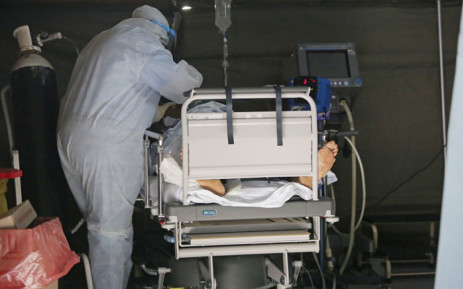
Are South Africans becoming immune to COVID-19?
Professor of Vaccinology at Wits University, Shabir Madhi, said that some sectors of the population could have developed immune cells.
by Mia LindequeJOHANNESBURG - Experts are now sharpening their focus into the possibility that given the less than projected coronavirus infections, many South Africans could have been exposed to previous coronaviruses, thus building up some immunity to COVID-19.
When epidemiologists first modelled their forecasts earlier this year there were fears that people, especially those in densely populated spaces, were at a greater risk of rapid infection. But the numbers continue to tell a different story.
Professor of Vaccinology at Wits University, Shabir Madhi, said that some sectors of the population could have developed immune cells, which offered a layer of protection against viral infections, including COVID-19.
In such instances, the body remembers past encounters with pathogens like the coronavirus and is better armed to fight them.
While research is ongoing, early studies were published, including in the online peer-reviewed journal called Nature in Singapore to support how these so-called memory T-cells work.
Madhi – who’s also the director of SAMRC’s Vaccines and Infectious Diseases Analytics (VIDA) Research Unit and is South Africa’s lead researcher on the COVID-19 vaccine trial – said that people in high-density areas could have generated this immunity because of previous widespread exposure to common cold coronaviruses.
“They have been exposed, they developed this key cell immunity which helps them to fight the severe effects of COVID-19,” he said.
Madhi believes that between 40 and 45% of the population had already contracted the virus.
“If there is a second wave we will probably see another 15 to 20% infected, then you are reaching the threshold required for herd immunity. We will then see seasonal outbreaks during autumn and winter,” he said.
For a country whose earlier rapid rise of infections sparked fears of a health system collapse, South Africa’s COVID-19 mortality remained far lower at just over 1%.